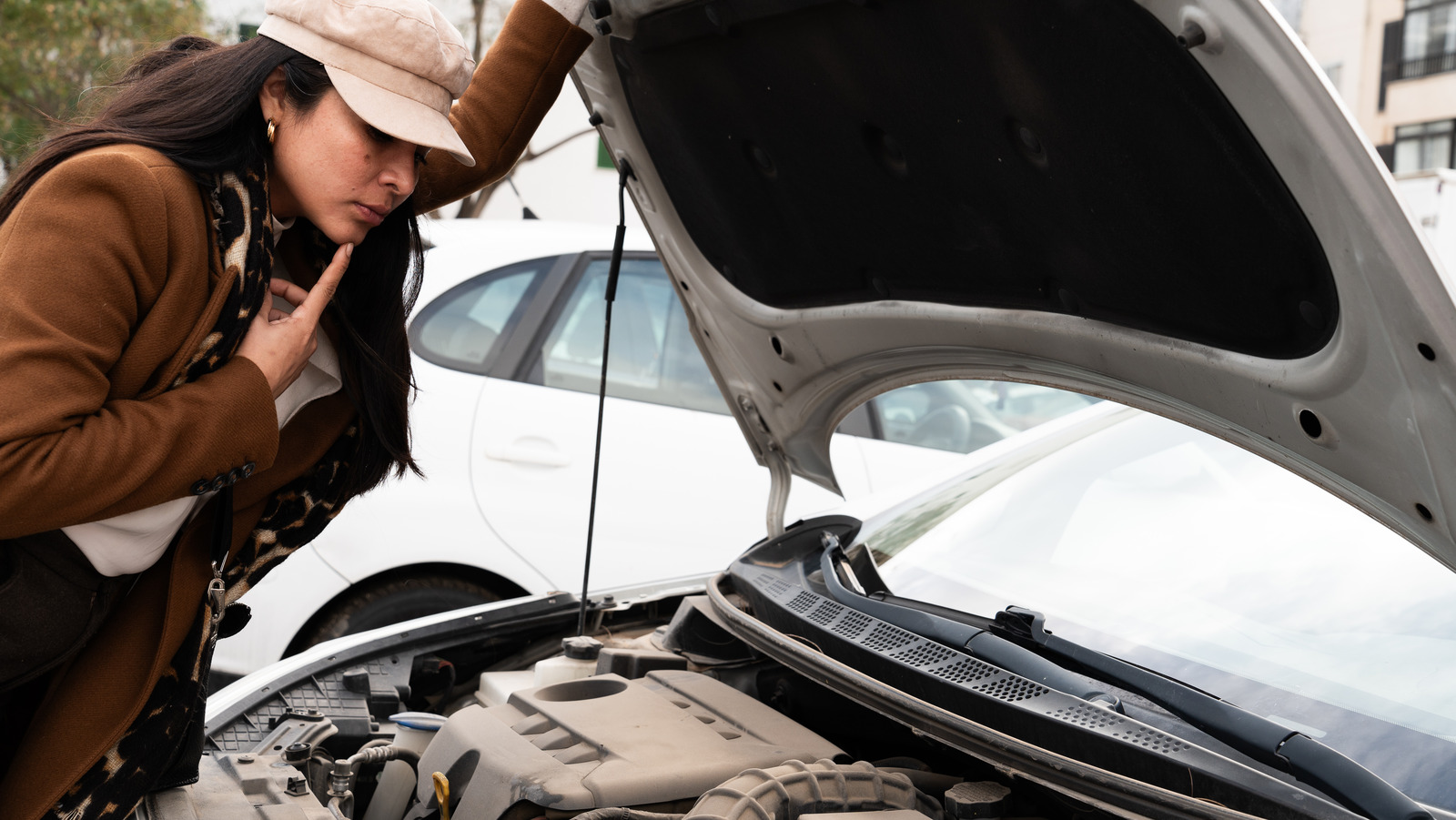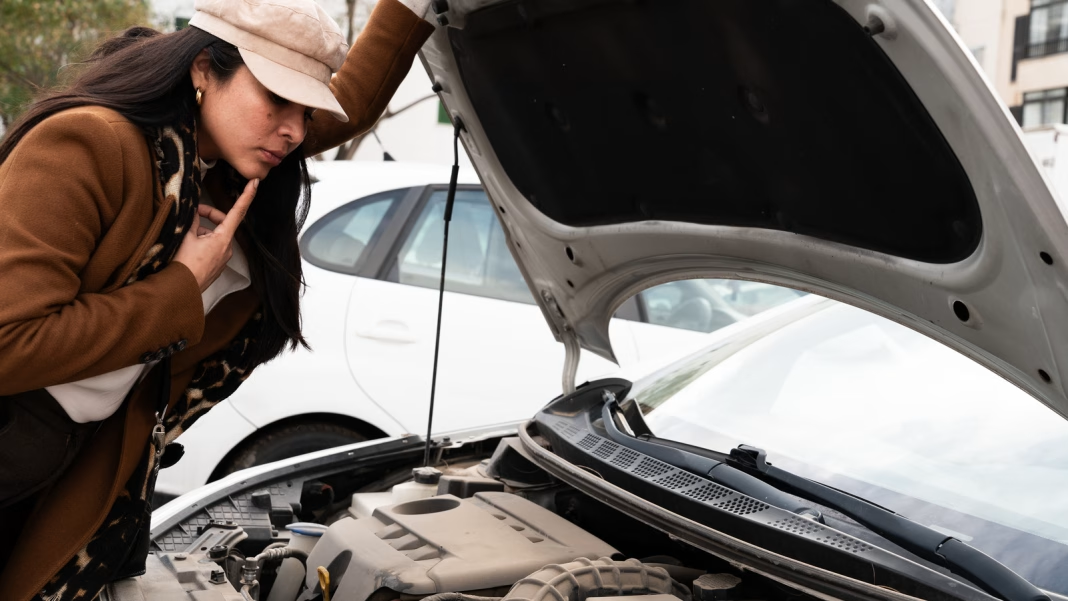Nobody wants to be the reason their car’s engine starts sputtering or, worse, completely fails. Yet, many of us unknowingly make mistakes that can lead to serious engine damage. Let’s dive into some common pitfalls that could be wreaking havoc under your hood and how to avoid them.
Are You Ignoring the Oil Change Schedule?
One of the most critical aspects of engine care is regular oil changes. Engine oil lubricates the moving parts, reducing friction and preventing overheating. Over time, oil breaks down and becomes less effective. If you’re stretching those oil change intervals too far, you might be setting yourself up for disaster.
Most manufacturers recommend changing your oil every 5,000 to 7,500 miles, depending on the type of oil used and your driving habits. If you’re unsure, check your owner’s manual. And remember, it’s not just about changing the oil; replacing the oil filter is equally important to ensure clean oil circulates through your engine.
Is Your Coolant Level Low?
Coolant isn’t just for keeping your car warm in the winter; it plays a vital role in regulating engine temperature year-round. A low coolant level can lead to overheating, which can cause severe engine damage.
Make it a habit to check your coolant level regularly, especially before long trips or during extreme weather conditions. If you notice that your coolant level is consistently low, it might be a sign of a leak somewhere in the system. Addressing this early can save you from costly repairs down the line.
Are You Using the Wrong Fuel?
It might seem trivial, but using the wrong fuel can be detrimental to your engine’s health. If your car requires premium fuel and you’re filling it with regular, you could be compromising performance and efficiency.
Conversely, using diesel in a gasoline engine can lead to catastrophic failures. Always double-check your fuel type before filling up. If you’re unsure, consult your owner’s manual or ask a professional.
Are You Neglecting the Air Filter?
The air filter is often overlooked, but it plays a crucial role in maintaining engine performance. A clogged air filter restricts airflow, leading to a rich fuel mixture that can cause misfires and increased emissions.
Replacing your air filter is a simple task that can significantly enhance your engine’s efficiency. Depending on your driving conditions, consider checking it every 15,000 to 30,000 miles. If you drive in dusty environments, you might need to replace it even more frequently.
Are You Overloading Your Vehicle?
We all love to take road trips, but overloading your vehicle can strain your engine. Excess weight can lead to increased wear and tear on engine components, affecting performance and fuel efficiency.
Before you hit the road, take a moment to assess your load. If you’re packing for a family vacation, consider whether you really need to bring that extra suitcase or heavy cooler. Your engine will thank you!
Are You Ignoring Warning Lights?
Those little warning lights on your dashboard aren’t just there for decoration. Ignoring them can lead to serious engine issues. Whether it’s the check engine light or an oil pressure warning, these indicators are your car’s way of communicating that something isn’t right.
If a warning light pops up, don’t brush it off. Investigate the issue promptly. Sometimes, it could be a simple fix, but delaying could lead to more significant problems.
Are You Skipping Routine Maintenance?
It’s easy to let routine maintenance slide, especially when life gets busy. However, neglecting regular check-ups can lead to bigger issues down the road.
Schedule regular visits to your mechanic for inspections and maintenance. They can catch potential problems before they escalate, saving you time and money in the long run. Plus, staying on top of maintenance can extend the life of your engine significantly.
The big takeaway? Engine care isn’t about perfection—it’s about smarter adjustments. Start with one change this week, and you’ll likely spot the difference by month’s end. Your car will run smoother, and you’ll enjoy peace of mind knowing you’re doing your part to keep it healthy.


